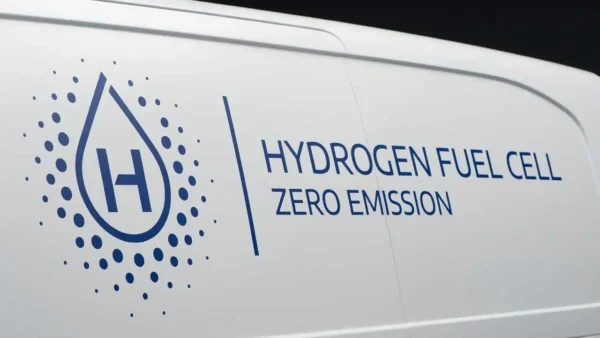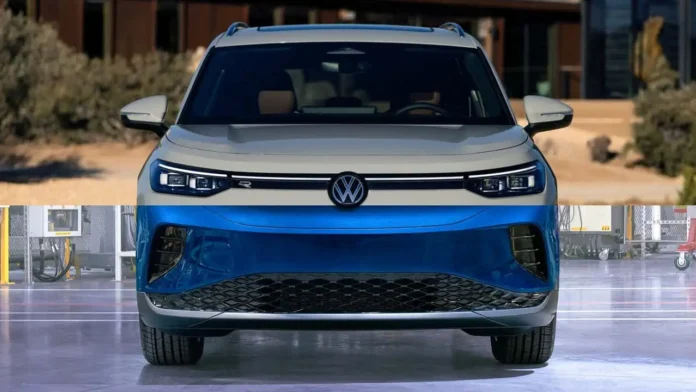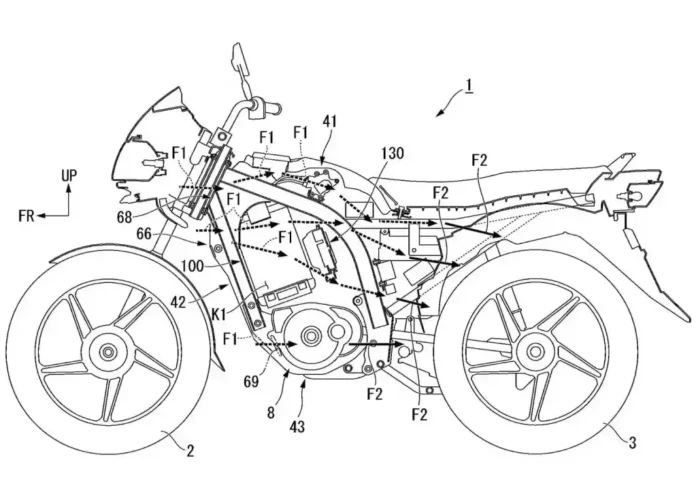Are Hydrogen Cars the Future?
Electric vehicles (EVs) have taken a firm lead in the race for cleaner transportation. It’s an open-and-shut case at this point: EVs are cleaner over their lifetimes than combustion cars, even considering the emissions from battery production. But what about hydrogen-powered cars? You might think they’re the underdog hero in this ride, and they certainly have some appeal with zero tailpipe emissions. But hold your horses!

Unpacking the Emissions Debate
According to the International Council on Clean Transportation (ICCT), hydrogen fuel-cell vehicles (FCEVs) like the Toyota Mirai and Hyundai Nexo tout a 26% reduction in CO2 emissions compared to gas or diesel cars, at 175 grams of CO2 per kilometer. Not too shabby! But then there’s the bombshell: battery-powered EVs, under similar conditions, should only emit 63 grams of CO2 per kilometer. That’s 73% less than their combustible cousins. It’s like comparing a cozy puppy to a grumpy old cat – the puppy just wins in the cuteness department.
The Price of “Clean” Hydrogen
The catch with hydrogen cars lies in how we produce hydrogen. Currently, a whopping 90% of it is derived from natural gas. That’s right, most of our hydrogen is as dirty as that pair of socks you forgot in the gym bag. Now, if we could harness “green hydrogen,” made from renewable sources, those emissions drop to a mere 50 grams of CO2 per kilometer. Yet, there’s little of that currently available. So while hydrogen cars have promise, they’re still navigating through some murky waters.
In summary, while hydrogen fuel-cell vehicles are great in theory, the graphics of this emissions battle show electric vehicles still- on average- taking the clean crown. But don’t count hydrogen out; it may just need a little green magic to become a true competitor!




